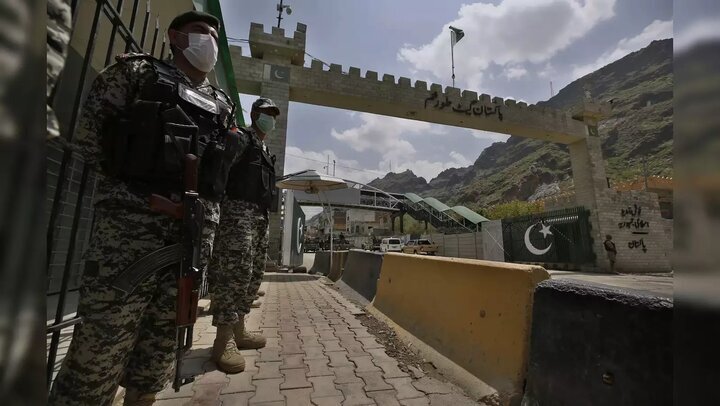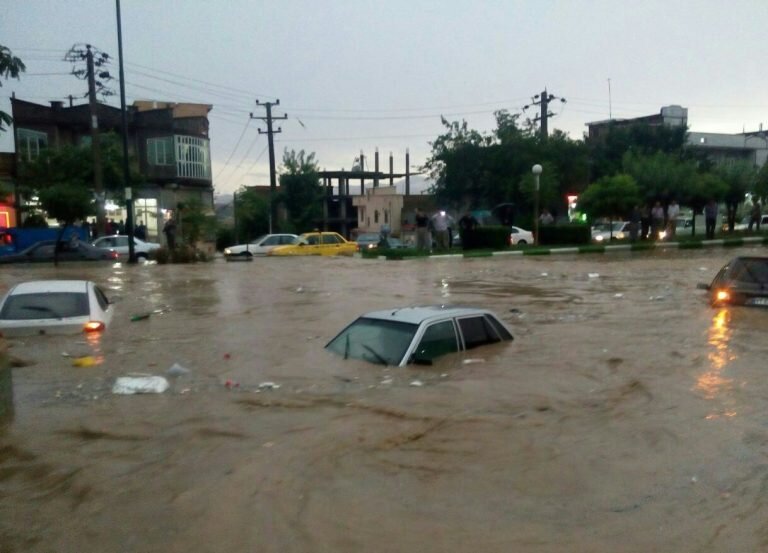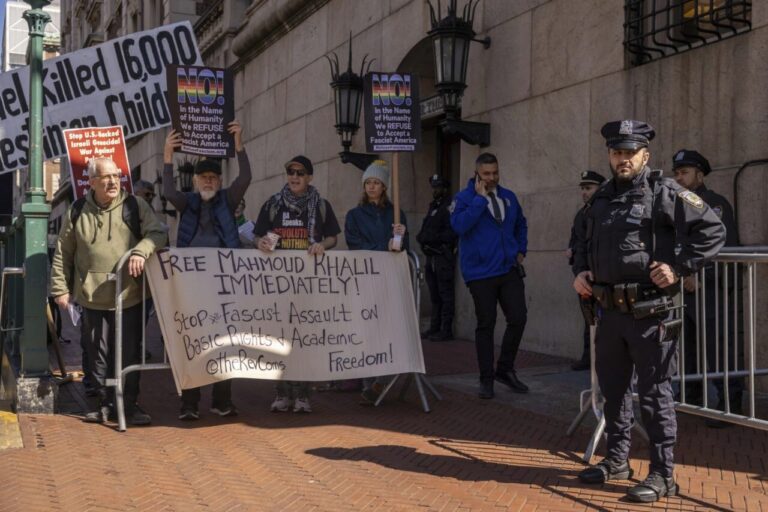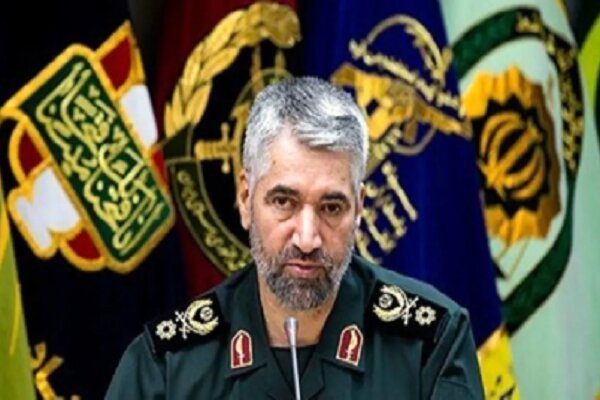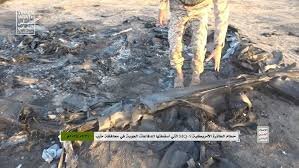Intense Clash Erupts Between Pakistani and Afghan Security Forces at Key Border Crossing
The recent conflict at the Torkham border has intensified during the holy Islamic month of Ramadan, a time when food imports from Pakistan are crucial for Afghanistan, which is grappling with a severe humanitarian crisis and widespread hunger. This situation has escalated due to a prolonged closure of the Torkham border point, leading to thousands of trucks filled with essential goods being stranded.
According to reports from the Reuters news agency, the closure has lasted for ten days, severely impacting the flow of food and other necessities into Afghanistan. The Taliban-run Afghan Interior Ministry reported that the latest clashes occurred overnight, resulting in the death of one Taliban fighter and injuries to two others.
In addition to the Afghan casualties, two Pakistani security officials, who requested anonymity, confirmed that members of the Pakistani security forces were also injured during the skirmishes. The ongoing tensions at the border highlight the precarious situation in the region, particularly as it coincides with Ramadan, a month traditionally associated with increased food consumption and charity.
- Conflict Erupts: The violence began on the first working day of Ramadan.
- Closure of Torkham Border: Essential goods are stranded, causing a humanitarian crisis.
- Casualties Reported: One Taliban fighter killed and two injured; Pakistani security forces also affected.
The humanitarian crisis in Afghanistan is compounded by the ongoing economic struggles, leading to a dire need for food imports. With the Torkham border closure, the situation has become even more precarious. Local markets are experiencing shortages, and prices for essential goods are soaring, making it increasingly difficult for families to afford basic necessities.
As the conflict continues, many Afghans are left in a state of uncertainty regarding their access to food and other vital resources. The Taliban’s control over the region has led to significant shifts in governance and resource management, but the ongoing violence hampers efforts to stabilize the economy and provide for the population’s basic needs.
While the government is attempting to address the fallout from the border closure, the lack of communication from Pakistan’s foreign office regarding the incident adds to the complexity of the situation. This silence may indicate a reluctance to engage openly amidst rising tensions, which could further exacerbate the crisis.
In summary, the conflict at the Torkham border during Ramadan underscores the fragile state of Afghan-Pakistani relations and the urgent need for dialogue and resolution. The closure of the border has not only disrupted the supply chain for essential goods but has also resulted in casualties on both sides, highlighting the pressing need for a peaceful solution to this ongoing crisis.
As the situation unfolds, it remains crucial for humanitarian organizations and the international community to monitor the developments closely and provide necessary assistance to those affected by the border closures and the escalating conflict. The people of Afghanistan are in dire need of support, particularly during this significant month of Ramadan.
In conclusion, the Torkham border conflict is a reflection of broader issues affecting Afghanistan and its relationship with Pakistan. The humanitarian ramifications are severe, necessitating immediate action to ensure that essential goods can flow freely across borders and that the needs of vulnerable populations are met during these challenging times.
